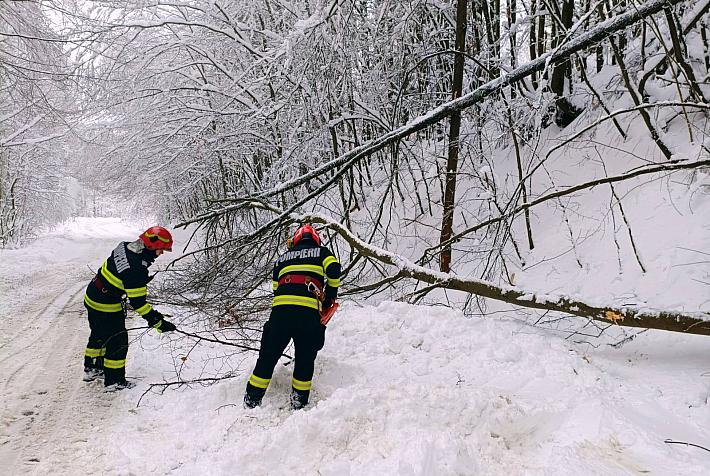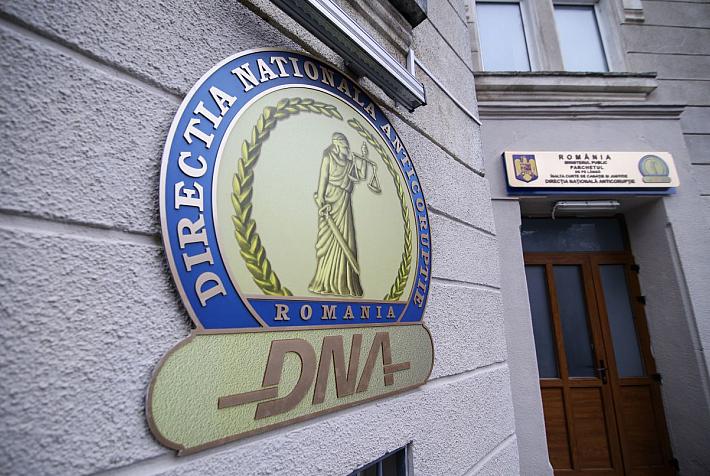Romania’s Govt. grants investigation powers to the biggest secret service, sets rules for wiretaps

Romania’s Government decided on Friday to grant criminal investigation powers to the Romanian Intelligence Service - SRI.
The secret service’s officers will thus be able to carry out criminal investigations, which only prosecutors and police officers could do before, but only in cases of terrorism and other crimes against the national security, according to Gandul.info.
Up until now, SRI could only notify the prosecutors of such crimes and assist with the investigation. From now on, SRI will be able to investigate on its own acts of treason, espionage, war propaganda, and other hostile actions against the state or against people who benefit from international protection. The secret service will also be allowed to use technical surveillance means as part of such investigations.
The Government’s decision came after the Constitutional Court recently ruled that SRI’s involvement in local criminal investigations was illegal. The secret service has carried out technical surveillance mandates for the local prosecutors for many years, being involved in investigations that targeted not only crimes against national security but also corruption, tax evasion, and other crimes.
The Court’s motivation was that SRI’s role was only to ensure national security and that the service had no prerogatives in criminal investigations. Thus, SRI’s wiretaps became inadmissible as evidence in court.
SRI’s director Eduard Hellvig said that the Constitutional Court’s decision impacted national security, as SRI’s technical surveillance department became useless because it couldn’t take part in criminal investigations carried out by the prosecutors.
Thus, Romania’s Supreme Defense Council CSAT decided on Friday to grant SRI the power to carry out its own investigations on matters of national security.
The Government included this provision in an Emergency Ordinance that included several other changes.
According to the ordinance, the State Prosecutor’s Office within the High Court will be able to create its own technical surveillance department. The National Anticorruption Directorate (DNA) and the Directorate for Investigating Organized Crime and Terrorism (DIICOT) will also get resources for such departments so that they will be able to do their own wiretappings in the cases they investigate.
Before the Constitutional Court’s decision, all these prosecution bodies mostly used SRI personnel and equipment to carry out the technical surveillance mandates. The prosecutors will still be able to use SRI’s technical equipment for such actions, but not SRI personnel, the Government has decided.
The High Court’s president or another judge will have to control the way technical surveillance mandates are carried out, to make sure no one breaks the rules.
editor@romania-insider.com












